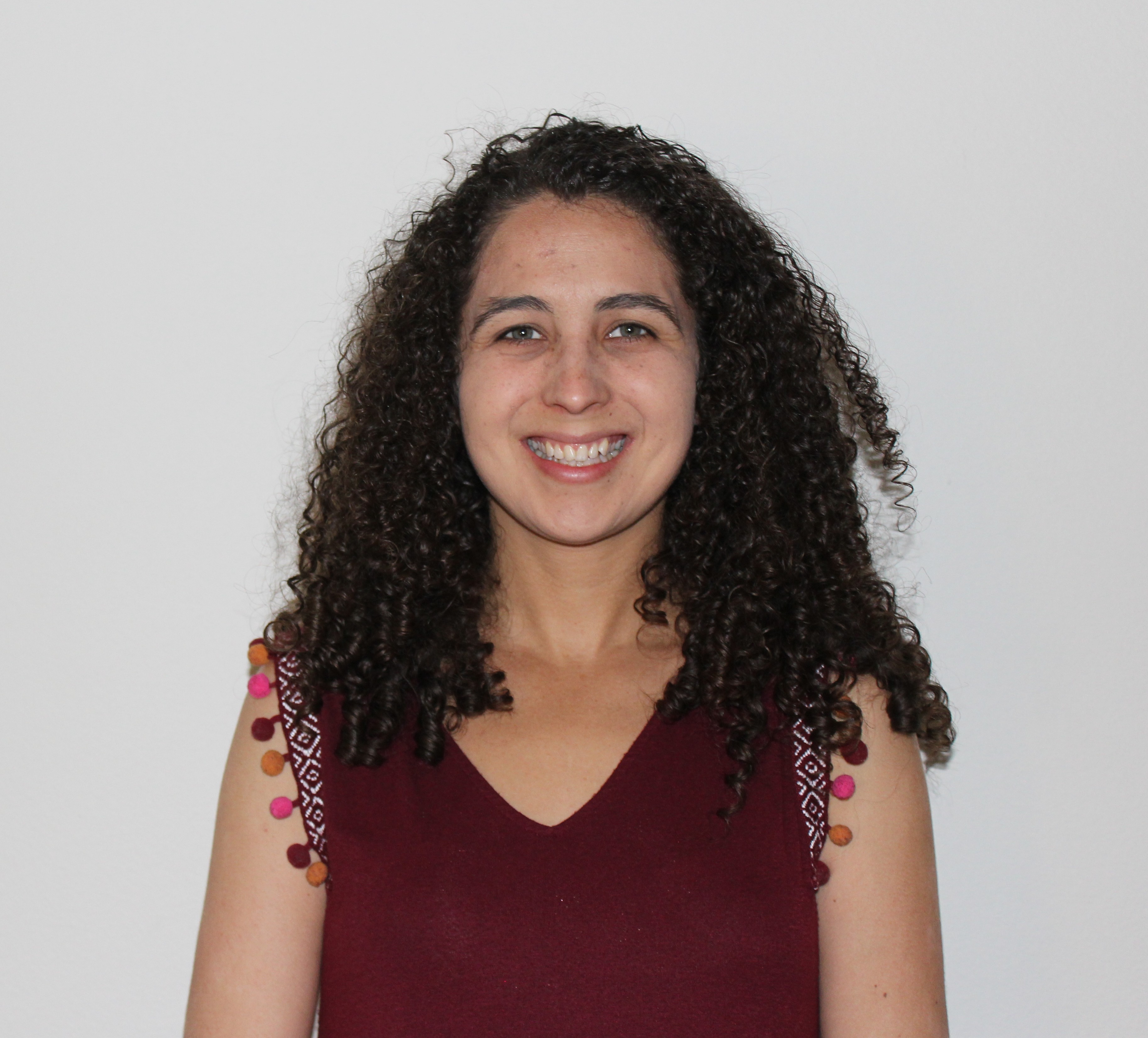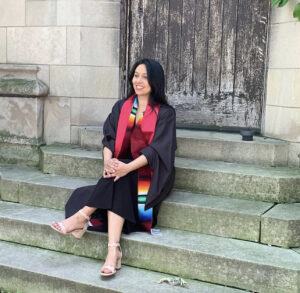My partner and I have been in a partnership for seven years. In those seven years, we have evolved, transferred, and addressed different issues that have come up for us. Most importantly, we acknowledge that we continue to choose to be in this relationship. We also choose to be vulnerable with one another. However, vulnerability is easier said than done. Vulnerability means showing yourself to your partner full on without any expectations or coverings. It means you are bare and raw. I have to admit that it was difficult for me to be vulnerable initially because throughout my childhood being vulnerable would often mean putting a target on your back. This meant that someone there was always a fear someone would use my vulnerability against me later on. Because of this, I built plenty of walls within that eventually became a problem in my relationship. For a long time, I didn’t want to tear them down. You see these walls made me feel safe and protected. In the book, Getting the Love You Want, it highlights ways to transform your relationships by understanding unconscious desires in your marriage. The book also explores what a conscious marriage entails and even provides exercises on the last portion of the book. This book dives deep into the theme of our unconscious desires and wants that were not met by our caretakers. One of the book’s most powerful lessons states, “when people fall in love, their old brain fuses the images of their partners with the images of their caretakers, and they enter the realm of the eternal now. There is the same illusion of safety and security, the same total absorption” (Hendrix, 2008, p.51).
The book does a great job revealing the many different layers in relationship distress and potential causes of relationship distress. Another powerful lesson that the book shares involves the way in which partners, “stir up each other’s repressed behaviors and feelings, reinjure each other’s childhood wounds, and project their own negative traits onto each other” (Hendrix, 2008, p.77). These three interactions between partners can cause distress within the relationship and within oneself, an individual may not understand what is happening and may blame their partner. The first five chapters of the book identify reasons why individuals choose their partners and how they have positive and negative qualities of our caretakers and how individuals go into the relationship thinking that their partner will make up for all the deprivation they experienced in childhood. This book has been a very powerful tool in my own relationship with my partner and has allowed me to identify areas that I needed to work on so I can actively choose to be in a healthy positive and loving relationship. The book also taught me how to engage in self-reflection and identify what I needed in the relationship as well as how to communicate those needs to my partner. Finally, I also learned ways of practicing intentional interactions with my partner.

My partner and I have used a phrase that works as a mantra. We use it on one another when we are in a disagreement, “it is NOT about us,” it is so simple but powerful. This mantra brings us back into the present moment as opposed to getting caught up with our emotions. It’s taken my partner and I some time to be in a state of flow with each other and our partnership. However, there is something empowering in knowing that we each get to decide if we wish to put in the work to make it happen and to transform our relationship. A conscious partnership is a relationship that fosters maximum psychological and spiritual growth; it’s a relationship created by becoming conscious and unconscious mind—to be safe, to be healed, and to be whole (Hendrix, 2008, p.88).
References
Hendrix, H. (2007). Getting the Love You Want: A Guide for Couples. New York: Harper Perennial.
Welwood, J. (2017, November 9). Intimate Relationships as a Spiritual Crucible. Retrieved from https://www.lionsroar.com/intimate-relationship-as-a-spiritual-crucible/.
Cover Photo by Alex Iby on Unsplash
Photo by Jennifer Marquez on Unsplash
Karen Vejar is a graduate student in the Marriage and Family Therapy Program at Chapman University. She received her bachelor’s degree in International Studies and Spanish from the University of California, Irvine. Karen is a first generation Latina, dedicated to collaborating with other underrepresented individuals that wish to make an impact in the arena of mental health. Her intention as a future therapist is to promote healthy relationships that nourish and cultivate healing for individuals and couples.
-
Karen Vejarhttps://psychosocial.media/author/kvejar/April 14, 2019
-
Karen Vejarhttps://psychosocial.media/author/kvejar/February 21, 2020






















